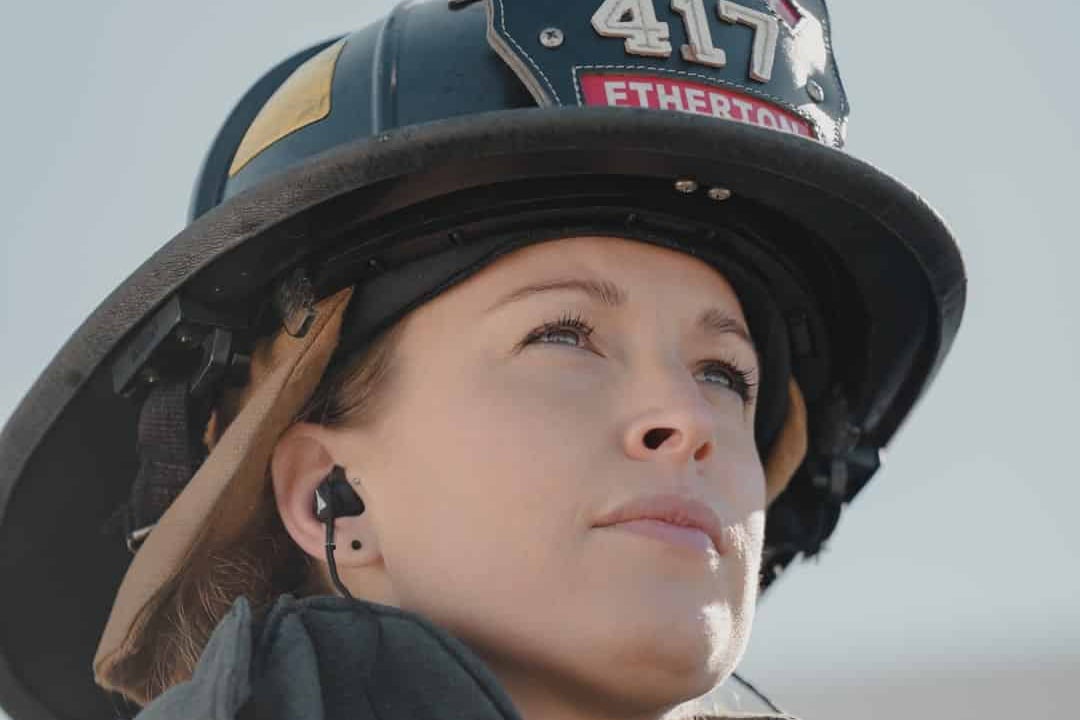Treating First Responders With Co-Occurring PTSD and Substance Use Disorder
First responders are trained to cope with stressful and emotionally upsetting situations. However, hazards of the job have the potential to cause significant mental health issues. Compared to the general population, first responders are more likely to be diagnosed with post-traumatic stress disorder (PTSD) and co-occurring conditions, including substance use disorder (SUD). According to the Substance Abuse and Mental Health Services Administration (SAMHSA), “Fear of being seen as weak or not up to the job of a responder keeps many from seeking help” for PTSD and SUD. Emerge Recovery TX provides evidence-based treatments to help first responders recover from dual diagnosis involving PTSD and SUD.
PTSD and Substance Abuse in First Responders
First responders witness and experience traumatic events regularly. Individuals who don’t have a strong support system or healthy coping skills may develop mental health disorders or self-medicate to cope with the trauma. According to the previously mentioned article by SAMHSA, “Responders are exposed to demanding and tense situations on a regular basis, with some of the most intense situations during and after disasters.” Seeing people in distress is traumatic, even for people trained in emergency response.
Individuals who work in high-stress positions have an increased risk of developing PTSD and other trauma-related mental health disorders. In some cases, people misuse alcohol or drugs as a way to cope with the symptoms of untreated PTSD or other conditions. Self-medicating is dangerous and causes more problems in the long run. Early interventions and treatment for trauma-related mental health issues reduce the risk of PTSD and SUD.
The High-Stress Job of First Responders
Despite being trained to handle high-stress situations, first responders are often subjected to events most people would find highly traumatic and destabilizing. According to the Harvard Review of Psychiatry, “First responders are regularly confronted with exposure to traumatic events, including potentially life-threatening situations as well as the grave injuries and deaths of colleagues and civilians.” Researchers have discovered that “the prevalence of posttraumatic stress disorder (PTSD) is substantially higher among first responders than the general population.”
The Complexities of Co-Occurring Disorders
Co-occurring substance abuse and PTSD have multiple potential causes and side effects. The relationship between the two conditions is often complex and may include the following:
- Substance abuse may cause people to cope with trauma less successfully, leading to PTSD
- Individuals with PTSD may use substances to manage symptoms
- SUD and PTSD may develop independently
Co-occurring PTSD and SUD cause more severe symptoms of both conditions. Treatment must address both disorders and any underlying issues to reduce the risk of relapse and provide the best possible outcome. Emerge Recovery TX uses trauma-informed treatments and personalized care to help women heal from co-occurring disorders.
Why Are First Responders Vulnerable to PTSD and SUD?
According to the Department of Veterans Affairs (VA), “First responders—including firefighters, emergency medical services (EMS) and police officers—are often among the first individuals to arrive at the scene of stressful and traumatic events.” Being able to cope with those experiences is often challenging.
First responders are vulnerable to PTSD and SUD due to the following:
- Stigmas surrounding therapy and other forms of treatment
- Daily exposure to human pain and suffering
- Long work hours reduce access to their support system
The effects of untreated trauma are cumulative, meaning they become more severe over time and potentially lead to additional physical or psychological issues. People who experience frequent traumas benefit from professional mental health treatment. However, many first responders avoid seeking help until their mental health begins to severely deteriorate. Avoiding treatment increases a person’s likelihood of developing trauma-related disorders and dual diagnosis.
Stigmas Surrounding Trauma Treatment
First responders have access to support services to help them cope with the daily traumas they witness and experience. Unfortunately, many first responders choose not to take advantage of those services due to stigmas surrounding treatment.
Some common stigmas first responders internalize or face include:
- Only “weak” people develop trauma-related disorders
- Asking for help means they’re not fit for the job
- Participating in therapy or other forms of treatment will impact the job
The statements listed above are untrue. However, many first responders internalize stigmas and avoid getting the help they need to maintain positive mental health.
The Benefits of Gender-Specific Treatment at Emerge Recovery TX
Emerge Recovery TX uses evidence-based treatments, including psychotherapy, trauma-informed care, and peer support, to help first responders heal from co-occurring SUD and PTSD. The treatment programs are by women, for women, and provide individuals in recovery with a safe space to heal. Clients are given the resources and tools they need to return to the job and successfully manage their conditions. Gender-specific treatment also reduces some of the stress caused by internal stigmas. Women empower and uplift one another, increasing the effectiveness of therapy and other forms of treatment.
First responders spend most of their days in high-stress situations. The trauma of seeing horrific accidents, injuries, and illnesses causes some first responders to develop PTSD and SUD. The combination of PTSD and SUD worsens symptoms of both disorders and interferes with a person’s ability to do their job effectively. Early intervention and professional mental health treatment provide the best outcomes for first responders struggling with SUD and PTSD. Emerge Recovery TX is a treatment center for women where clients learn to successfully manage trauma responses and the effects of substance abuse. The clinical team provides personalized treatments, including alumni and aftercare services, for women needing additional recovery support. To learn more, call us at (737) 237-9663.




